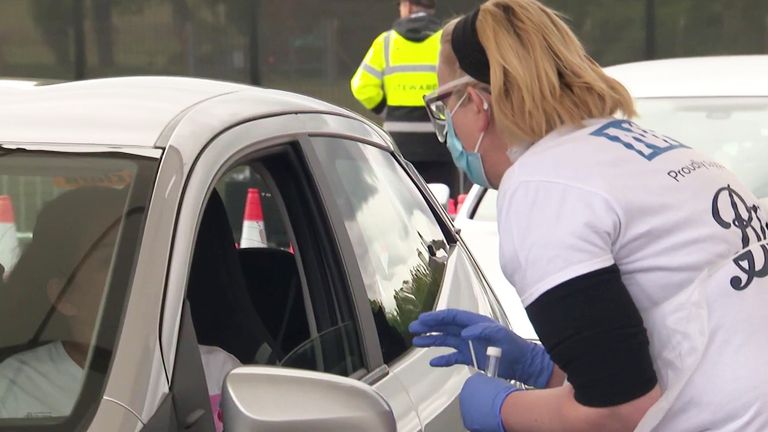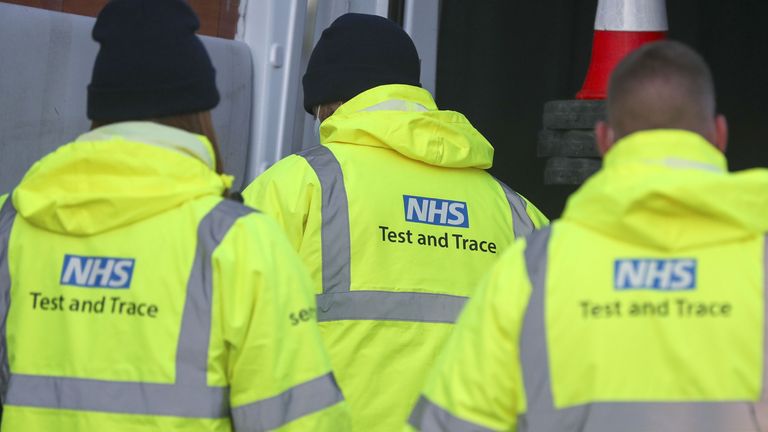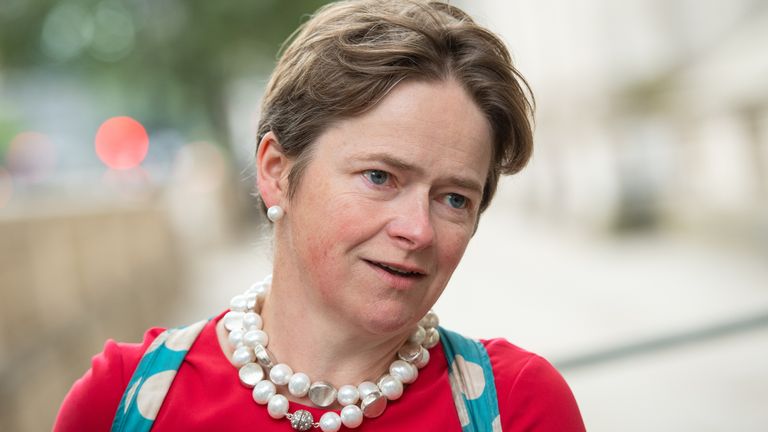COVID-19: 70% of Test and Trace contracts were awarded without any competition
Seven out of ten contracts signed by Test and Trace were awarded without any competition, the UK’s public spending watchdog has found, raising further concerns about government spending during the pandemic.
An interim study by the National Audit Office (NAO) found that Test and Trace spent a total of £5bn on 121 contracts that were awarded directly, without competitive tender, using emergency regulations which allowed the government to bypass normal procurement rules.
A further £1.4bn was spent on contracts awarded under “framework agreements”, which allows the government to make deals with pre-selected suppliers.
This takes the sum spent on testing and tracing contracts with limited competition to £6.4bn – about half the amount spent on policing by the government every year.
The news follows the revelation that some PPE suppliers were directed to a “high-priority” channel for government contracts, leading to companies with political connections being awarded major contracts despite little apparent experience.
The government defended its award of contracts for Test and Trace, saying that it had used the private sector to scale up operations at speed, but the NAO found that the spending spree had caused “specific risks” including “lack of central oversight” and “conflicts of interest not being comprehensively managed”.
It also found that, in some instances, contracts were only drawn up after the companies had started the work.
The watchdog uncovered problems with the deals made with outsourcing giants Serco and Sitel, who were awarded contracts for contact tracing in England worth up to £720m.
These contracts were so inflexible, the NAO found, that the Department for Health and Social Care could not change the number of contact tracers working in call centres for three months after the service was established.
Media reports at the time found examples of contact tracers spending all day watching Netflix. According to the NAO, the proportion of time that call handlers worked their paid hours was just 1%, something it said indicated that “they had little work to do”.
Yet although the government “quickly became aware of the possibility of excess capacity”, it could only vary staff numbers after new clauses were introduced from 17 August. At this point it immediately reduced paid-for staff from 18,000 to 12,000.
The NAO said Test and Trace had recognised that it had “insufficient commercial control and understanding” and that it “needed to improve”, but experts questioned why these changes were required after figures from the commercial sector such as Baroness Dido Harding were brought in to lead the programme.
“This is a very large proportion of a huge amount of money and the government has almost certainly not received as much value as it could have done,” said Nick Davies, programme director at the Institute for Government.
“It’s not clear why those from outside government were brought into oversee this given that they don’t appear to have improved commercial oversight of this project.”
The NAO also criticised the performance of Test and Trace, saying it missed targets and failed to plan for rises in demand for testing.
It found that not enough test results were delivered within 24 hours, and too few contacts of infected people were being reached and told to self-isolate.
Responding to the study, chairwoman of the Commons Public Accounts Committee Meg Hillier said the government had “tried to reinvent the wheel” by centralising Test and Trace, leaving local public health teams “out in the cold”.
Ms Hillier said: “Speed is of the essence but only two-fifths of tests were turned around within 24 hours. And Test and Trace has only contacted two-thirds of the people it knows were in close contact with someone who tested positive.
“The government needs to urgently work out what’s going wrong at every step of the process.
“Throwing more money at the problem clearly isn’t the answer.
“Testing capacity has risen and it’s easier to get a test locally but Test and Trace’s performance still isn’t good enough.”
The report did not consider the impact of the mass testing programme, which has been extended in recent days, but it noted that Test and Trace’s spending was only going to get bigger, with an estimated 154 contracts worth £16.2bn set to fall between November 2020 and March 2021.
Source: Read Full Article






